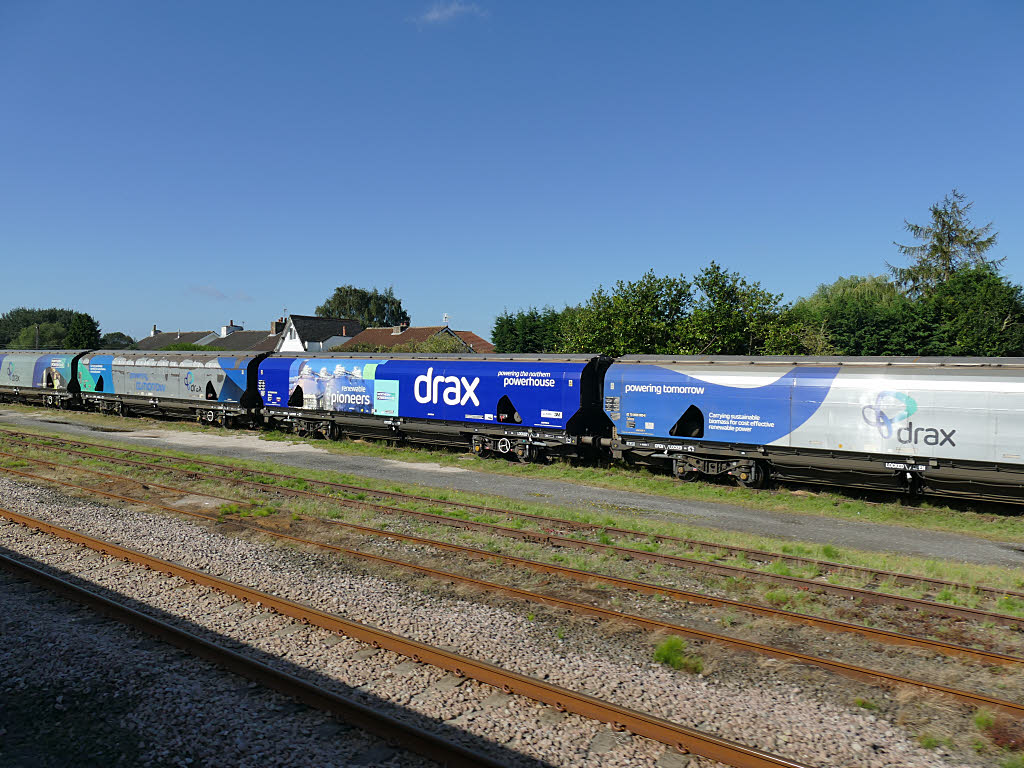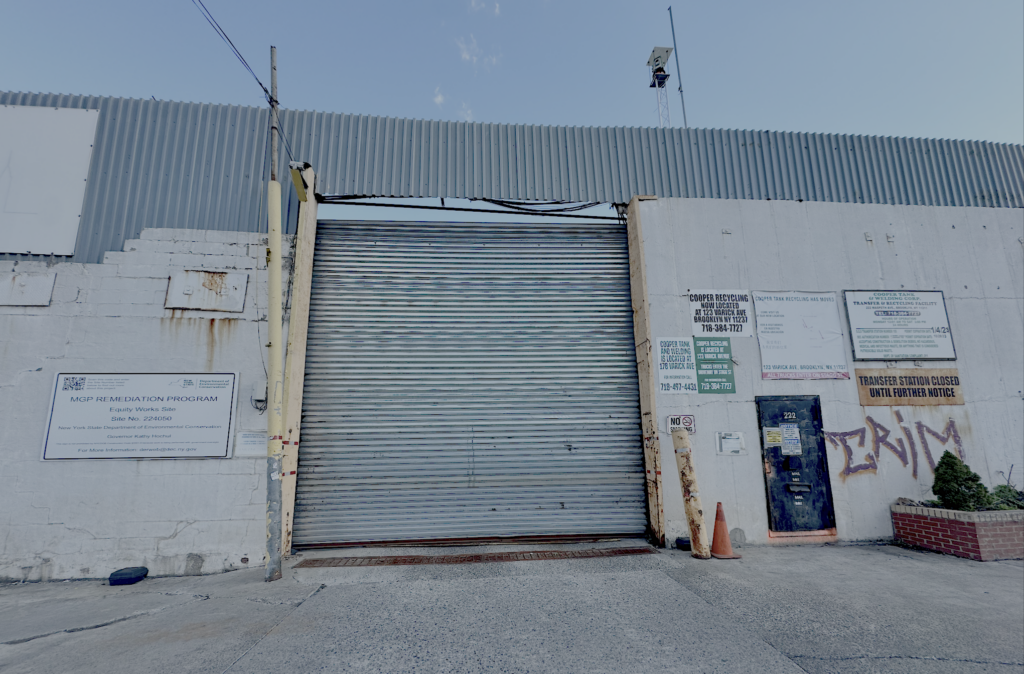Labour’s energy spokesperson has said he stands “completely” with biomass giant Drax, despite admitting that its use of wood pellets in its North Yorkshire power station is not carbon neutral.
Alan Whitehead, shadow minister for energy and a Green New Deal, was speaking on a panel sponsored by Drax at the Labour Party conference in Brighton on Monday, alongside Drax’s director of corporate affairs, Clare Harbord, and Emma Pinchbeck, CEO of industry group Energy UK.
His comments came days after campaigners criticised Drax’s sponsoring of the event as “green spin at its worst”.
Labour’s shadow chancellor Rachel Reeves announced later in the day that, if elected, the party would spend an extra £28 billion a year on tackling the climate crisis, including investment in renewable energy and planting trees.
‘Completely With Them’
The speakers at the panel event, “How Can the UK Build a Zero Carbon, Lower Cost Energy Future?” organised by the New Statesman magazine, were responding to a question from a representative of the Cut Carbon Not Forests campaign.
They asked: “Why isn’t Labour prioritizing supporting more renewables like the ones we’ve mentioned – hydrogen, wind and solar – rather than supporting, and supporting the government subsidising, things such as biomass, where still the evidence isn’t as clear?”
Drax, which had revenue of £2 billion in 2020, emitted 19.4 million tonnes of carbon dioxide in 2020, including 13.2 million from burning biomass. The company received £832 million in government subsidies last year, as well as up to £258 million in tax breaks, according to climate thinktank Ember, after converting its coal power plants to biomass in an effort to become “carbon negative” by 2030.
In his response, Whitehead said: “The essential point is that what Drax are doing is using that potential enormous increase in biomass sources to provide a reliable source and on to the future. And I am completely with them in that process.”
The shadow energy minister said he also fully supported carbon capture and storage technologies such as biomass, carbon capture and storage (BECCS), telling the audience: “Ideally I would like to see biomass advance with CCS, BECCS, on a smaller scale, potted round the country, so we could use the resources from around to actually fuel them.”
Whitehead said the UK needed to increase tree cover by 20 percent, which would bring “a huge amount of forest trimmings” that could be used in energy production. However he conceded that this would be “low carbon” rather than carbon neutral.
Emma Pinchbeck of Energy UK added that she considered BECCS to be the “forerunner” of negative emissions technologies, and has “almost no truck with ideological positions on technologies”.
“I’m really proud that we might have a plant that does that here in the UK. So more power to Drax on BECCS.”
Clare Harbord, the representative from Drax, did not address the question.
Dorian Wainwright, a campaigner from Biofuelwatch, called the news “deeply disappointing”.
“Drax’s voracious demand for wood harms vital forest ecosystems in Europe and North America and increases carbon concentrations in the atmosphere for decades or more. The Labour Party would do well not to associate with Drax PLC going forward, and should ensure its MPs are briefed properly on environmental issues, such as biomass,” he added.
Future of Biomass
DeSmog recently revealed that Drax met with government ministers 31 times since Business Secretary Kwasi Kwarteng joined the department in charge of energy policy – more often than wind, solar and nuclear producers.
Biomass has played a central part in the Climate Change Committee’s recommendations to the government on achieving net zero emissions, but it is not clear what role the energy source would play under a Labour government. An expert briefing on decarbonisation commissioned by the party in 2018 strongly recommends against expanding biomass use for large-scale electricity generation.
The Labour Party has been approached for comment on its position on biomass.
When asked last week about the conference event and criticism of its operations, a Drax spokesperson told DeSmog Drax had cut its carbon emissions by more than 90 percent in under a decade by using sustainable biomass instead of coal.
They added: “Now, by using bioenergy with carbon capture and storage (BECCS) Drax will go even further – permanently removing at least eight million tonnes of CO2 from the atmosphere each year by 2030, delivering the world’s biggest carbon capture in power project.”
Subscribe to our newsletter
Stay up to date with DeSmog news and alerts







